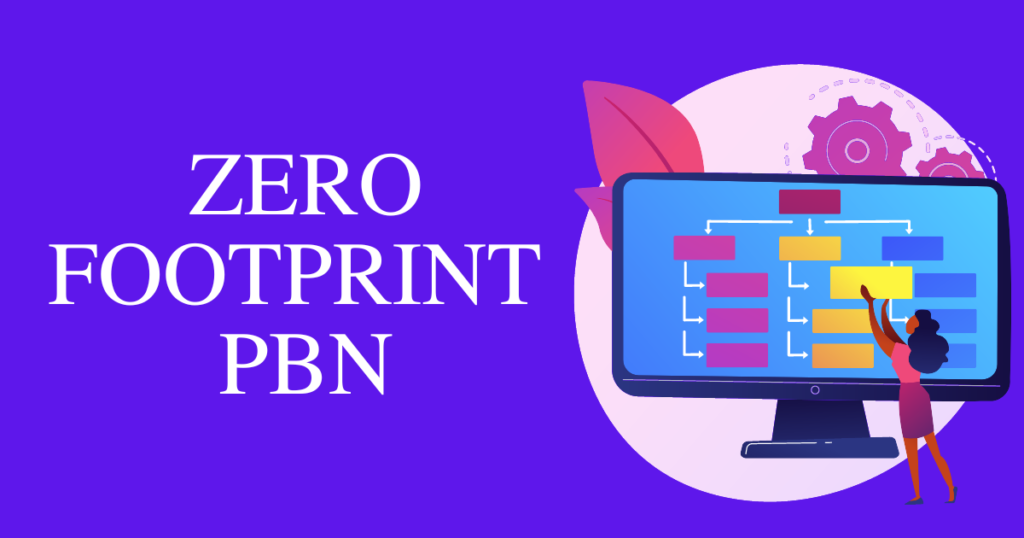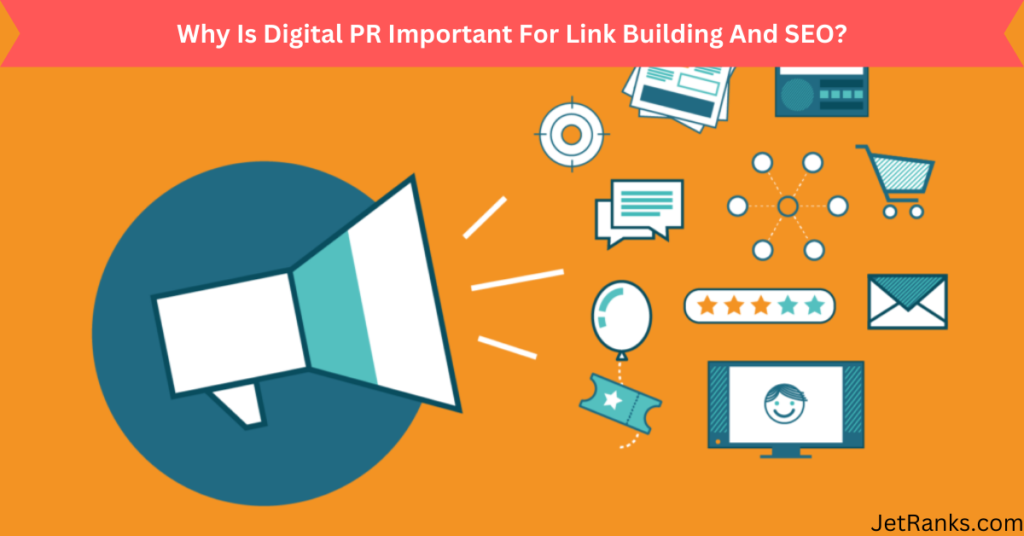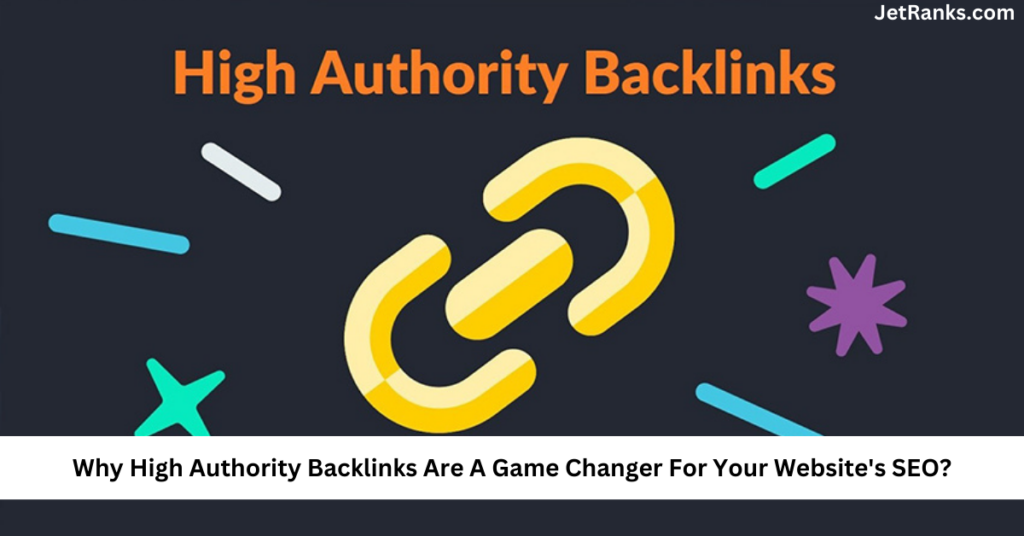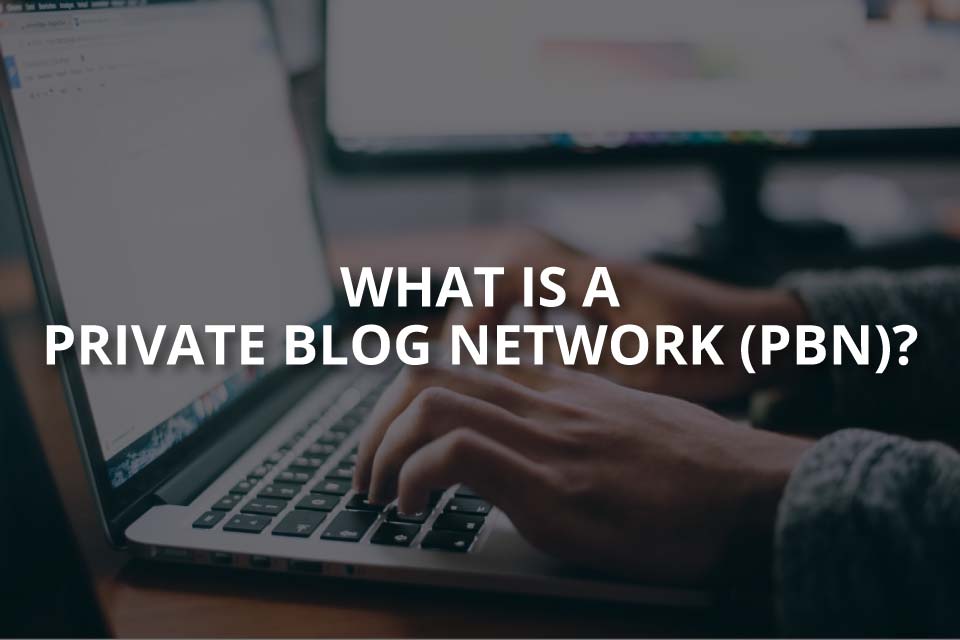Introduction
Do you want to boost your search rankings, find referral traffic and become an authoritative voice in your industry? Then you need to know about the power of contextual backlinks. These links offer your readers and search engine crawlers direct access to other relevant pages on your website and other websites. This blog will explain what contextual backlinks are and why you need them. We’ll explore which types of websites are perfect for contextual link building and how contextual backlinks can help improve your search engine rankings, establish your authority, and raise your referral traffic.
What Are Contextual Backlinks?
Contextual backlinks, also known as contextual link building, are embedded within the context of a given article, blog post, or other content. Contextual links are often used to give readers an easy way to access additional resources on a related topic. Unlike other types of backlinks, contextual links provide more than just a link — they also give readers an idea of what the linked content is about and why they should click through to read it.
Contextual backlinks are considered more valuable than other types of backlinks because they show the search engines that there is a legitimate relationship between the content of the page linking to your web page and the content of your web page.
Instead of simply providing readers with a link to click on, a contextual link will let them know more about the content they’re about to view. This can help improve your site’s click-through rate, as readers are more likely to click on a link if they know what it’s about. It is vital to ensure they are relevant to the content they are linking to get the most out of contextual backlinks. For example, if a link is placed in an article about cats, it should link to a web page about cats — not one about dogs or birds.
Providing relevant links can also help build trust with your readers, as they will know that the links provided within your content are reliable and likely to interest them.
What Types Of Sites Are Ideal For Contextual Backlinks?
Contextual backlinks are a potent tool for improving your website’s rankings and visibility. Still, ensuring you are targeting the right websites for your link-building efforts is crucial. Contextual backlinks from websites that have relevance to your niche or industry can have a substantial positive impact on your rankings. In contrast, links from irrelevant or low-quality websites can hurt your rankings.
When looking for the ideal website for contextual backlink building, it’s essential to consider the website’s domain authority, content relevance, and trustworthiness of the website. The domain authority is a good indication of the website’s overall quality, and the higher the domain authority, the more valuable the link. Content relevance is also significant; make sure you target websites with content related to yours, as this will add more value to the backlink.
Lastly, the trustworthiness and reputation of the website are also crucial factors; look for websites with a good reputation and plenty of user reviews, as this can help you to increase the value of your link building efforts.
Relevant, high-quality websites with good domain authority and many reviews are ideal for contextual backlink building. Contextual links from web pages with content that is related to your own can boost your SEO efforts and help you improve your rankings quickly. If you use contextual link building as part of your SEO strategy, take the time to find the right websites and ensure that the websites you link to are trustworthy and reliable.
Why Are Contextual Backlinks Important?
Contextual backlinks are an essential factor in SEO ranking, as they send positive signals to search engines, indicating the relevance and authority of a website. Contextual link building allows website owners to improve website visibility, increase traffic, and generate more leads.
Contextual backlinks refer to links placed within the text, often surrounded by relevant content, which direct readers to another page or a website. Search engines view contextual backlinks as a measure of a page or website’s relevance, authority, and credibility. When websites place suitable contextual backlinks on the right pages and content, it serves two purposes – it tells search engines that the page or website is reliable. It also provides a valuable reference for readers looking for more information.
Quality contextual backlinks can also help improve a website’s PageRank. Google algorithms consider the placement of contextual backlinks as a sign that a page or website is high quality. The better the quality and relevance of the links included, the more value they provide to website readers and the search engine. Contextual backlinks should always be used to link to pages or websites related to the page content they are placed in. This helps improve the relevancy of the linking page and directs visitors to pages where their interests are most likely to be met.
As contextual backlinks provide real value to website owners, a link building strategy should consist of only quality link placements. Contextual backlinks from websites or pages with high domain authority and quality content are more valuable and should be prioritized when building link profiles.
Help Improve Search Engine Rankings
Using contextual backlinks is a great way to enhance your website’s search engine rankings strategically. These contextual backlinks are important because they strengthen the relevance of a website to its topic, helping it to rank higher in search engine results pages (SERPs).
Contextual link building is an effective way to increase the visibility and authority of your website. When you insert contextual backlinks into a page, they act as a vote of confidence from the referring website, which can help to raise your website in the SERPs.
When creating contextual backlinks, it is vital to keep in mind the relevancy of the content. You should ensure that the content you are linking to is relevant to the content of your webpage. Additionally, you should ensure that the links are from related and authoritative websites. The link should also be placed naturally within the text not to appear overly promotional.
To ensure that your website appropriately utilizes contextual backlinks, you should consider hiring an experienced link building agency to help you create effective strategies. An agency can help you develop a comprehensive link building plan tailored to your website’s needs. Additionally, they can guide how to use contextual backlinks in a way that will help to increase your website’s search engine rankings.
Overall, contextual backlinks are an effective way to help improve your website’s search engine rankings. By taking the time to understand the importance of contextual link building and adequately implementing it into your link building plan, you can ensure that your website is achieving the best possible results.
Establish Authority And Credibility
One of the most important benefits of using contextual backlinks for your website is the ability to establish your site as an authoritative and credible source of information. Contextual backlinks allow your website to be referenced by other high-quality websites, blogs, and articles.
When someone finds a link to your website on another website or within an article, they are likelier to trust the information you provide. This helps to increase the reputation of your website, as well as its visibility in search engine results pages.
Through contextual link building strategies, you can create backlinks relevant to your website’s content. This helps you create a more substantial, authoritative presence and establish your website as a reliable and trustworthy source of information. Additionally, contextual backlinks will enable you to target more specific keywords and increase your visibility in search engine results pages, which in turn can lead to more targeted organic traffic to your website.
Finally, contextual backlinks can help create relationships between authoritative websites, further enhancing your reputation and trustworthiness as a source of information. Solid relationships with other authoritative websites can open up collaboration and mutual promotion opportunities, which can further help increase your website’s visibility and rankings.
Improve Referral Traffic
Contextual backlinks are a powerful form of link building that can help enhance your site’s rankings and referral traffic. By leveraging other related sites to link to your content, Google can recognize that you are a legitimate source of helpful information. This, in turn, will help you rank higher in the search results, resulting in more visitors.
When creating contextual backlinks, ensure they are relevant to your site’s content and don’t contain phrases like “click here” or “visit my site.” Also, ensure these links come from reputable websites—you don’t want to be associated with spam or low-quality websites.
Utilizing contextual backlinks is one of the best ways to increase the number of visitors to your site. However, you must be careful not to overdo it and keep the process natural. Too many backlinks can be considered spammy and can hurt your ranking instead of helping it. Aim for quality rather than quantity when it comes to gaining more referral traffic with contextual backlinks.
Conclusion
In conclusion, it is clear that contextual backlinks can have a significant impact on your search engine rankings. That’s why it’s essential to create high-quality, relevant links to related websites. By taking advantage of the right websites and content, you can boost your search engine rankings and credibility and see increased referral traffic to your website.
These benefits make contextual backlinks a valuable part of any SEO strategy. It’s important to remember that link building can be time-consuming. You should be prepared to work hard to get the results you want. Ultimately, as long as you do your research, carefully choose the right websites to create backlinks with, and keep at it, you’ll likely see a significant improvement in your website’s search engine rankings.









